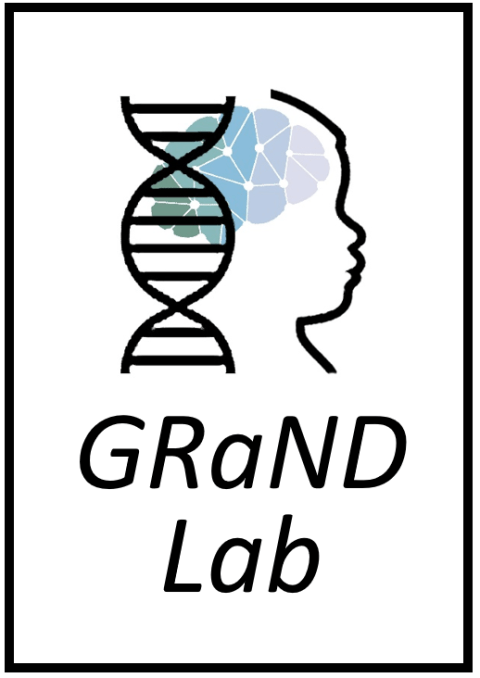Welcome to the Genetic Risk and Neurodevelopment Lab!
We work at the intersection of genetics, psychology, and neuroscience to study the pathways from genetic variation to neural- and systems-level alterations in schizophrenia and related psychiatric and neurodevelopmental disorders. We undertake this work with the long-term goal to improve our ability to predict and, ideally, prevent the onset of serious mental illness. Current work includes studying how genetic risk factors for schizophrenia and related disorders converge on downstream neurodevelopmental pathways, examining relationships between genomic and environmental risk profiles and variation in clinical phenotypes, and investigating early markers of genomic risk for multiple psychiatric disorders. We use genetic and genomic (e.g., genome-wide genotyping, exome sequencing, gene expression), behavioral, and neuroimaging (e.g., MRI and EEG) methods to approach this work. More details on major ongoing projects are below.
ONGOING PROJECTS
Genotypes to Phenotypes in Schizophrenia
One of the greatest barriers to understanding the core biological processes that underlie schizophrenia and developing better interventions is the clinical and genetic heterogeneity of the disorder. Building on gains from large-scale psychiatric genomic studies, this project investigates how genomic risk for schizophrenia and related disorders converge and diverge across groups of genes involved in distinct aspects of brain development. In addition, in a cohort of ~1,500 individuals with psychotic disorders, psychosis-spectrum relatives, and controls, we are examining whether variability in genomic risk profiles, including loading of risk variants on genes involved in earlier versus later aspects of brain development, is associated with differences in clinical, cognitive, and structural MRI-based characteristics. Through this work, we hope to identify biologically valid subtypes of psychotic disorders and inform the development of more targeted intervention approaches.
This project is funded by NIMH (details available here), the Brain and Behavior Research Foundation, and the Shear Family Foundation.
Genetic Risk for Serious Mental Illness and Development
Improving our ability to predict and prevent the onset of serious mental illnesses (SMI), such as schizophrenia, bipolar disorder, and severe depression, is a pressing goal of psychiatry. Progress has been hampered by limitations of our current diagnostic system, which is based on symptoms rather than known differences in underlying biology, as well as the unclear predictive validity and specificity of potential precursors to overt psychiatric illness. However, the recent identification of common and rare genetic variants that are robustly associated with SMI offers an opportunity to identify genetically-medicated antecedents of these disorders. In collaboration with researchers at the University of Antioquia in Colombia and at UCLA, we are therefore establishing a new cohort of 3,000 children and early adolescents enriched for SMI risk in the Paisa population of Colombia for longitudinal study. By analyzing the relationships between clinical and neurobehavioral signs and symptoms in childhood, individualized genomic risk profiles, environmental factors, and longitudinal clinical outcomes, we aim to improve SMI prediction and further our understanding of how psychiatric phenotypes relate to one another and underlying risk profiles.
This project is funded by NIMH (details available here).

